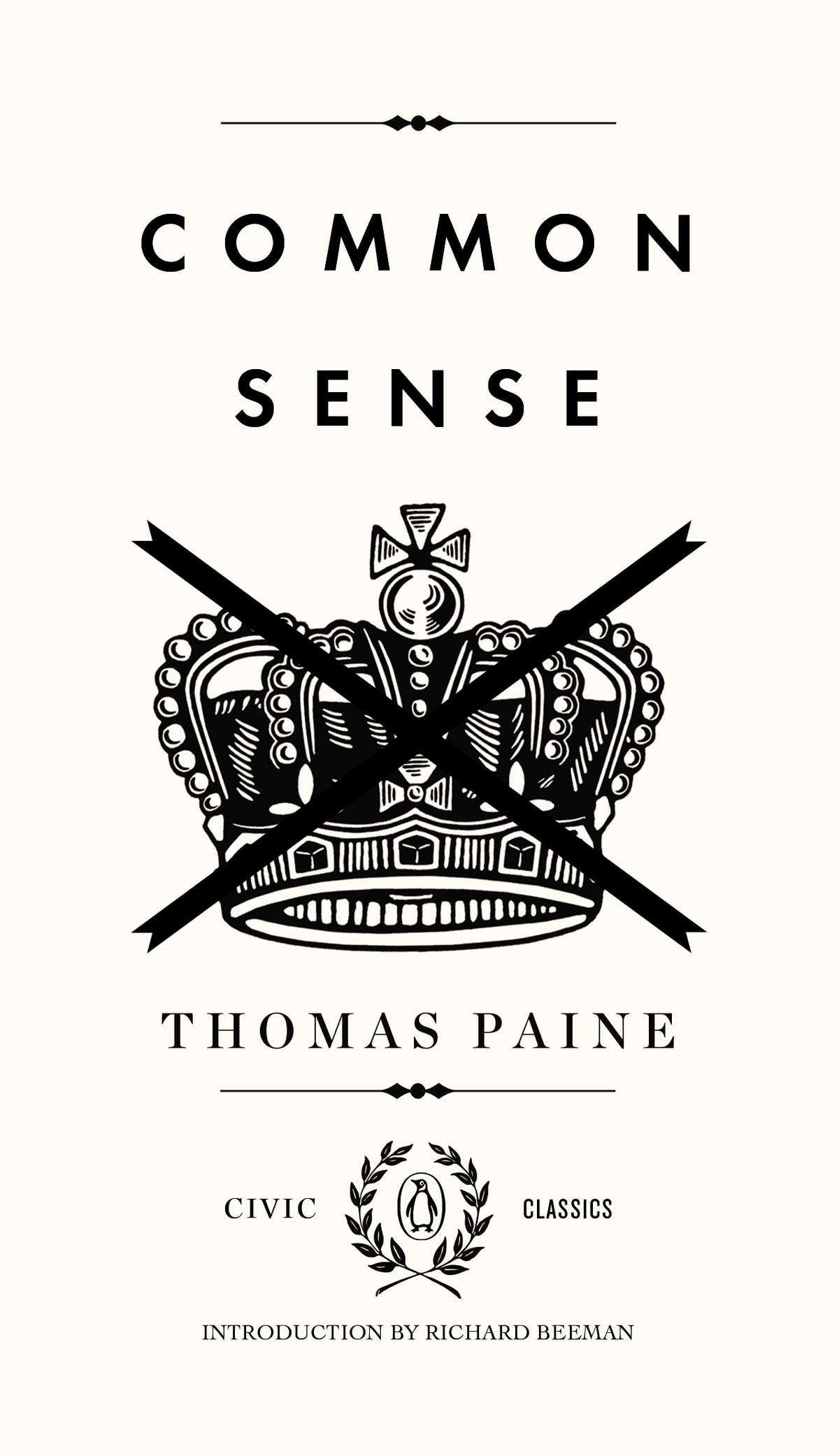Written Review
When I started reading Common Sense by Thomas Paine, I was aware that I was stepping into a piece of history that significantly influenced the American colonies during the Revolutionary era. What I found was a pamphlet that, while very much a product of its time, still offers insights that resonate even today—albeit in a different way.
One aspect that caught my attention was Paine’s use of Biblical references to support his arguments. This was an interesting choice, particularly given the religious nature of his audience in the 1770s. It made sense in that context, as it likely helped Paine connect with his readers on a deeper, more personal level. However, from a modern perspective, these references felt more like historical artifacts, offering a glimpse into the mindset of the period rather than being central to the arguments themselves.
At its core, Common Sense is a passionate call for American independence, and Paine’s arguments are both clear and compelling. He challenges the legitimacy of the British monarchy, presenting it as an unjust and corrupt system that has no rightful claim over the American colonies. Paine’s critique is sharp and direct, aiming to dismantle any lingering loyalty to the British crown among his readers.
What stands out most is Paine’s ability to present complex political ideas in a way that’s accessible to the average person. He argues for natural rights and the inherent equality of all men—concepts that remain fundamental to democratic thought. Paine’s writing is straightforward, avoiding the dense language of academic discourse in favor of clear, persuasive rhetoric. This accessibility is likely one of the reasons why Common Sense had such a profound impact, reaching not just the educated elite but ordinary colonists who might not have engaged with political theory before.
Paine also does an impressive job of anticipating and addressing potential objections to independence. He counters the argument that the colonies are too weak to stand on their own, asserting that their unity and moral cause would provide the strength needed to succeed. He dismisses the idea of reconciliation with Britain, arguing that the time for compromise has passed and that independence is the only viable path forward. These arguments, while rooted in the specific context of the American Revolution, possess a timeless quality. The themes of self-determination and the fight against oppression are universally relevant, making Paine’s work feel surprisingly modern in some respects.
Reading Common Sense with the benefit of hindsight, it’s clear that Paine’s optimism about America’s future was somewhat idealistic. He envisioned a new nation founded on the principles of equality and justice, free from the tyranny of monarchy. While the United States has certainly made progress toward these ideals, it has also faced significant challenges and contradictions. In some ways, Paine’s vision remains an aspiration—a reminder of the ideals that the nation continues to strive toward.
Another aspect of Common Sense that resonated with me was its sense of urgency. Paine writes with a sense of immediacy, urging his readers to recognize the necessity of independence and to take action. This urgency likely played a crucial role in galvanizing support for the revolutionary cause. Even today, Paine’s passionate plea for action can serve as a reminder of the power of words to inspire change.
In conclusion, Common Sense is not just a historical document but a powerful piece of political writing that still has relevance today. Paine’s arguments for independence are persuasive and thoughtfully presented, making it easy to see why this pamphlet had such a significant impact on the American Revolution. For those interested in the history of political thought or the origins of American independence, Common Sense is a must-read. It offers a glimpse into the mindset of the Revolutionary era while also providing timeless insights into the nature of power, governance, and the fight for freedom.
